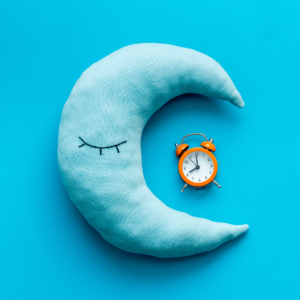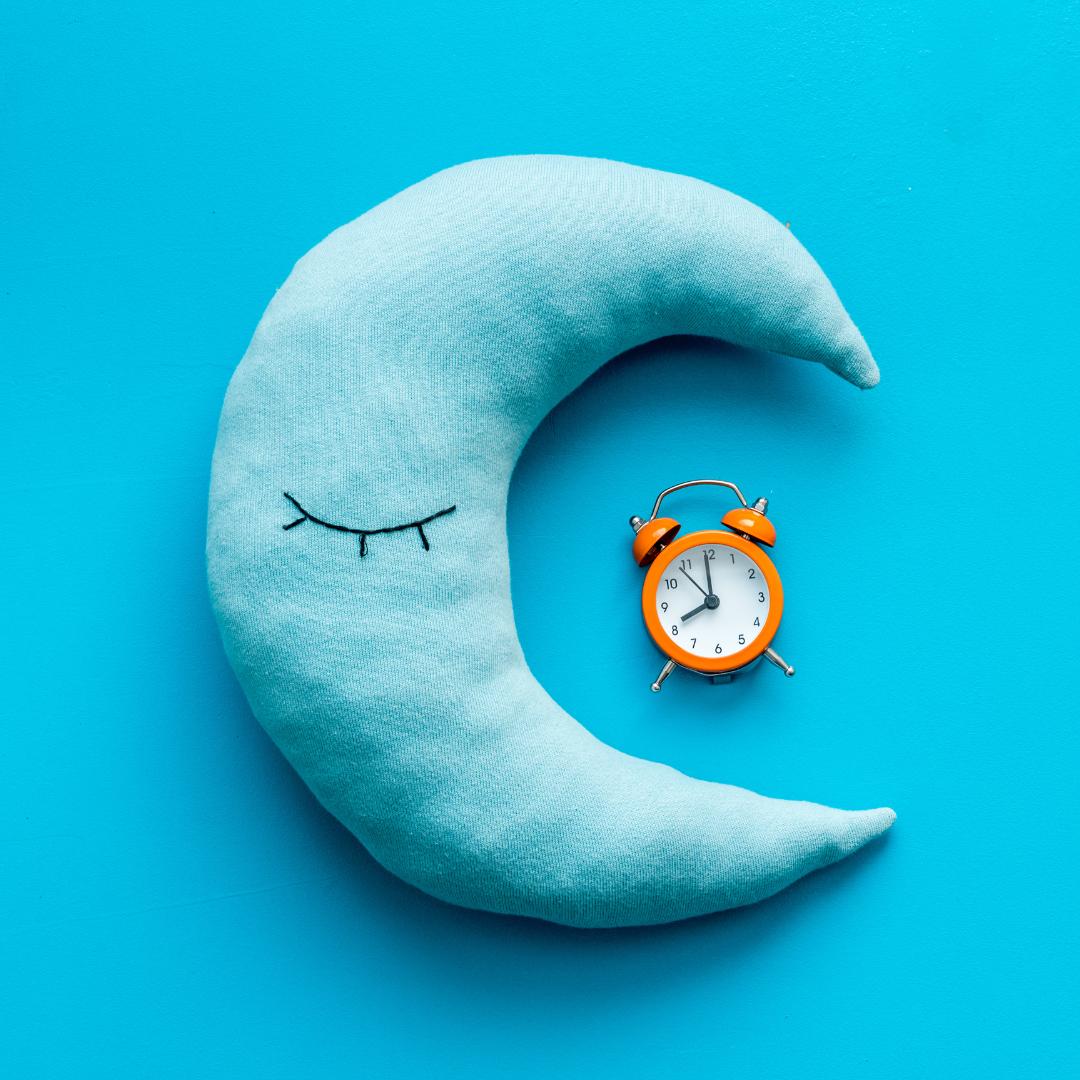Katie Blackmon.

If you’ve ever woken up before dawn to a toddler’s eyes boring into your own, or woken before the clock reads a bleary 6am, or felt the back breaking reality of a full day’s work on only a few hours’ sleep – then you’ll relate to what I’m about to say.
Sleep. We don’t get enough sleep.
If you’ve ever travelled to Spain (or Latin America) then you’ll know the incredulity of a British tourist when faced with their infamous siestas. Some towns shut down for around 2-3 hours every afternoon, with shops displaying closed signs and the streets becoming temporarily deserted. Whether you choose to sleep, or relax another way, that’s not really the point. The emphasis is on rest. A well-deserved moment, during the heat of the day, to pause work.
Why don’t we do that?
If there are entire countries that don’t collapse economically when their population indulge in a cheeky afternoon nap, I don’t know why we continue to flog ourselves to the point of no return.
Imagine for a moment that you could step away from your desk (or tag team a colleague to take over) for one hour every day – and not just to eat a cheap meal deal at the speed of light. One hour every day in which to rest. What would you do with that hour?
Meditate?
Read a book?
Go for a walk?
Would you choose to sleep…?
I for one cannot imagine this luxury in any other situation than in a beautiful, surreal dream – or maybe a lottery win. Still, the thought of pausing work each day to clear the mind and recharge has scientific backing. A daytime nap has been shown to boost learning and performance for all ages. Naps can also improve levels of alertness and our reaction times; as well as having a positive impact on physical stamina and cognitive processes. Creative types can definitely benefit from short stints asleep, as naps elevate activity in the right hemisphere of the brain; the hemisphere that is responsible for creativity and insight.
As a nation, we’re addicted to screens, work, or any form of stimulation. The average attention span of a Brit is only 14 mins, with our overall attention levels decreasing by over 50% in the last decade. While it’s easy to blame the plethora of technology available to us for these figures – we all know the TikTok struggle – I would argue that our sleep habits play a role in this too. How are we expected to hunker down and completely focus on the task in hand with only a limited amount of sleep.
The consequences of sleep deprivation make for pretty grim reading:
- Greater risk of physical and mental disease
- Loss of rational judgement and mental acuity
- Reduced efficiency and productivity
- Low mood, irritability and aggression
This doesn’t sound like a professional firing on all cylinders does it? In fact, sleep deprivation can be used as a means of torture. (All the new parents out there – don’t worry, I see you.) The term ‘workaholic’ always makes me cringe; especially when slick looking professionals declare it with a look of smug superiority. If you think that comparing your work style to an addiction is going to impress me… I’m afraid you don’t know your audience very well.
Keep your nose to the grindstone, the early bird catches the worm and other cultural idioms encourage us to work until we physically can’t anymore; until something stops us in our tracks.
One of the more ridiculous things I do (amongst others) is delay going to the toilet – sometimes for hours.
‘I’ll have a toilet break after I…”
- Feed my son,
- Wipe down the counter,
- Finish this email,
- Text Sarah back,
- Fly to the moon…
The excuses are endless.
My body is screaming at me to perform a basic, human function and I keep demoting it to second, third, 42nd place on the never-ending to-do list. We do this with our sleep too. Finishing off that Excel document is more important than cultivating healthy sleep habits (and by the way, that blue screen is interrupting your melatonin production big time). But a lot of us are trapped in this perpetually lax, albeit destructive habit.
So how can we practise good ‘sleep hygiene.’ This phrase is creeping more and more into the collective consciousness with each passing year. A possible alarm bell that we really need to pay attention to.
Here are some simple suggestions if you’re looking for inspiration.
- Get into a routine. This is key for any chance of improving the overall quality of your sleep. Our bodies respond to patterns and rhythms (once we create them) very well. Tune your ‘body clock’ by going to bed at the same time each night and setting the alarm to go off at the same time each morning. (Yes, even the weekends!)
- Avoid caffeine, snacks and alcohol before sleep. I know, this idea is no fun at all. Caffeine and alcohol wreak havoc on our sleep, and we all know the bloated guilt of smashing an entire tube of Pringles after 9pm.
- No blue light! All electronics need to be turned off an hour before you intend to sleep, in order to allow your pineal gland to begin stimulating that drowsy hormone, melatonin. Our circadian rhythms beat to melatonin’s drum.
- Do something intentionally soothing. This will be different for everyone, but the intention is to get you in the zone of feeling relaxed. You could try a warm drink, (avoid sugar and caffeine though) take a hot bath or stick with the classic, read a chapter of a book to help you doze off.
- Exercise in the day. Working your body enough during the day will help it happily drift off in the night. Makes sense!
What would it look like to genuinely turn all screens off an hour before bed? To curb the snacks after 9pm and stick to the same bedtime every night. What would it look like to wake up feeling refreshed and motivated for the new day ahead of us?
I have no idea.
If any of you find out – do let me know. Sleep well. x

